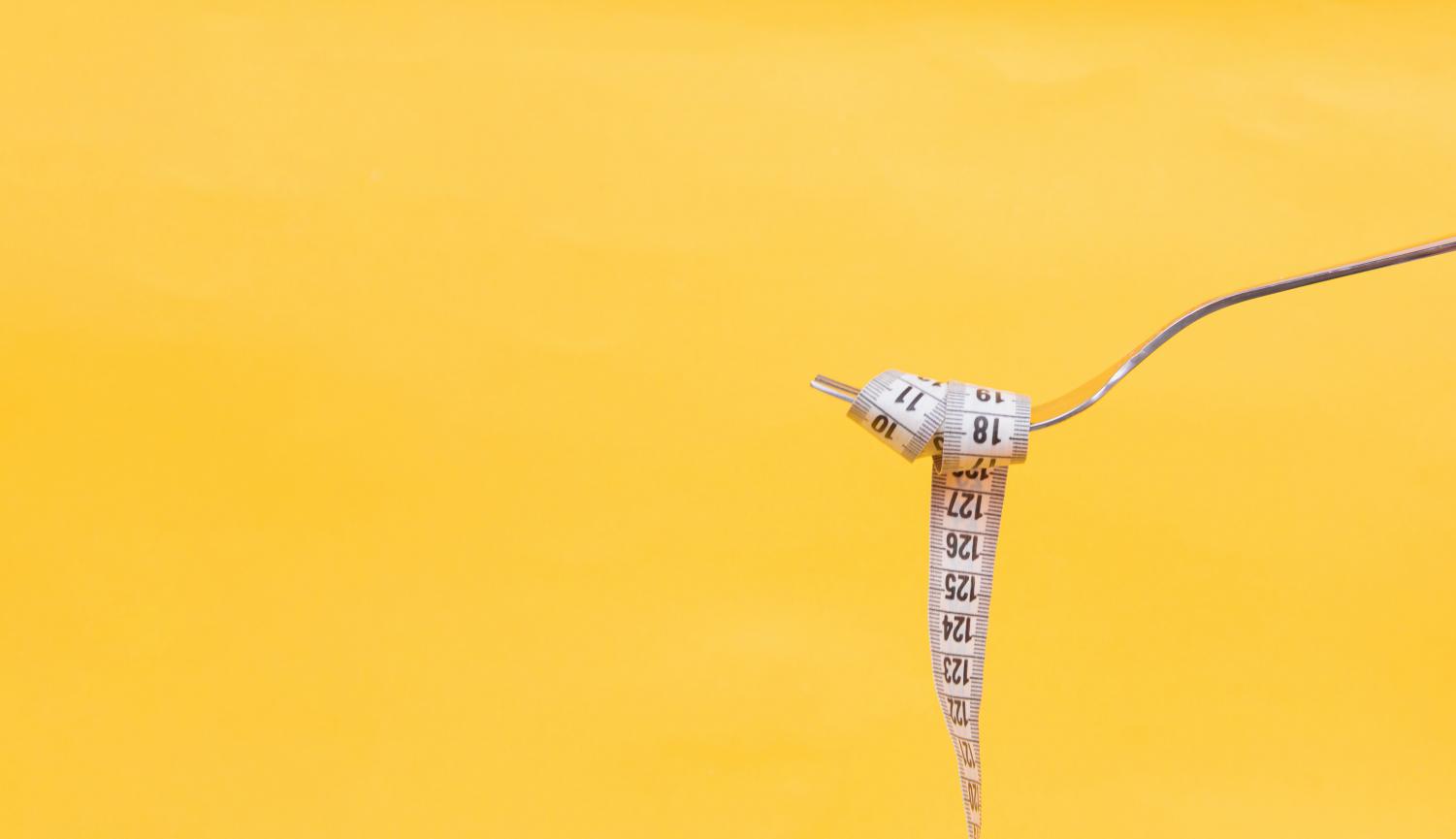National Eating Disorder Awareness Week was created to bring awareness to a disease that hides in our society’s carefully crafted social media feeds. Despite the plethora of eating disorder recovery accounts and awareness hashtags, many fail to address the reality that the wellness industry is not the healthy alternative it appears to be. By promoting a strict definition of health, many fitness experts, influencers and TikTok trends are contributing to eating disorder behavior that is widely accepted and difficult to diagnose.
FOOD IS NOT THE BAD GUY
Gluten-free, intermittent fasting, counting calories, clean eating and keto are all just pretty names for the same thing: dieting. After years of diet trends, diets now get a bad reputation. Instead of forgetting these trends altogether, our image-focused society has begun to limit and restrict foods in the name of “health.”
It is important to be aware of what you nourish your body with, but there is little evidence that not eating gluten and dairy—for any reason other than being intolerant or allergic to these foods—is beneficial to your health. Dairy contains needed calcium and probiotics that can be difficult to get in other places, and a gluten-free diet does not equate to nutrient dense foods. Many gluten-free products are just as processed as gluten-filled ones.
The ketogenic diet or the paleo diet are not healthier ways to eat, either. Keto, which is distinguished by restricting carbohydrates, was originally created to treat epilepsy. Restricting carbohydrates may contribute to immediate weight loss, but our bodies require carbohydrates as their primary energy source and cutting them out is not sustainable or healthy.
POOR MENTAL HEALTH MAKES A PROFIT
Although anorexia and bulimia are commonly known eating disorders, orthorexia is extremely prevalent and difficult to identify. Orthorexia is healthy eating gone wrong and occurs when someone becomes obsessed with eating the “right” thing. Symptoms include weight loss, hormonal imbalances, refusing to eat out with friends, meal planning, compulsively reading nutrition labels and persistent anxiety surrounding food. What may look like a healthy consideration for one’s body may actually be a life-sucking disease.
The unfortunate reality is that the wellness industry is making money off of our self-imposed restrictions. In 2016, the global health food industry was valued at $707.12 billion and projected to be worth $811.82 billion this year. While people around the globe face food insecurity, wellness culture perpetuates and profits off of people’s body insecurity. By promoting the “right” way to eat or a certain image of health, they pressure their consumers to spend more money on supplements and superfoods. There are many who cannot afford to think about whether gluten is “bad” for them. “Wellness” has become a sickness to the wealthy.
A HEALTHY FUTURE
The question we then must ask is, “what is health?” If we are being told by society that we need to work out five days a week and can only eat spinach and quinoa, then it might mean going against the grain to discover what being healthy actually means.
The wellness world appears to be making positive steps in the right direction. The health at every size, or HAES, body movement is encouraging us to embrace our bodies as they were made to be, and the emphasis on intuitive eating is freeing us to listen to our body and enjoy food. If we can face the lies of body shame and insecurity perpetuated by our society, then the future of health holds promise.
REDEFINING HEALTH & WELLNESS
Although I struggled with an eating disorder during high school, I didn’t realize that’s what it was until college. The battle raging between my mind and body hid behind what appeared to be a disciplined workout routine and “healthy” habits. After finally seeing my weight loss, digestive issues, food-centered anxiety and lack of menstrual cycle for what they really were—symptoms of an eating disorder— I decided to make some changes.
I spent much of 2020 relearning how to approach food, exercise and my body image. Today I feel incredibly free from the eating disorder behaviors that controlled my life for so long. There was a time when what I ate and what I looked like were the biggest things on my mind, but I’m now confident that God made us for more than that.
As Christians, we are called to steward the body God gave us. He did not design us to fit the world’s beauty standard or live within a certain body mass index range, but our bodies are tools to use for his glory. To be healthy means giving your body rest when it needs rest, and moving in ways you find enjoyable. It means fueling your body with a variety of foods and delighting in the treats God gave us to eat.
God designed our bodies to know what they need. Our hunger cues and mid-day slumps are an indication that we might need more food and sleep. Health, in the truest sense of the word, is not defined by our appearance or food rules—it is the way we take care of our mind, body, relationships and souls. When we are healthy, we should be thinking less about our bodies—not more.












